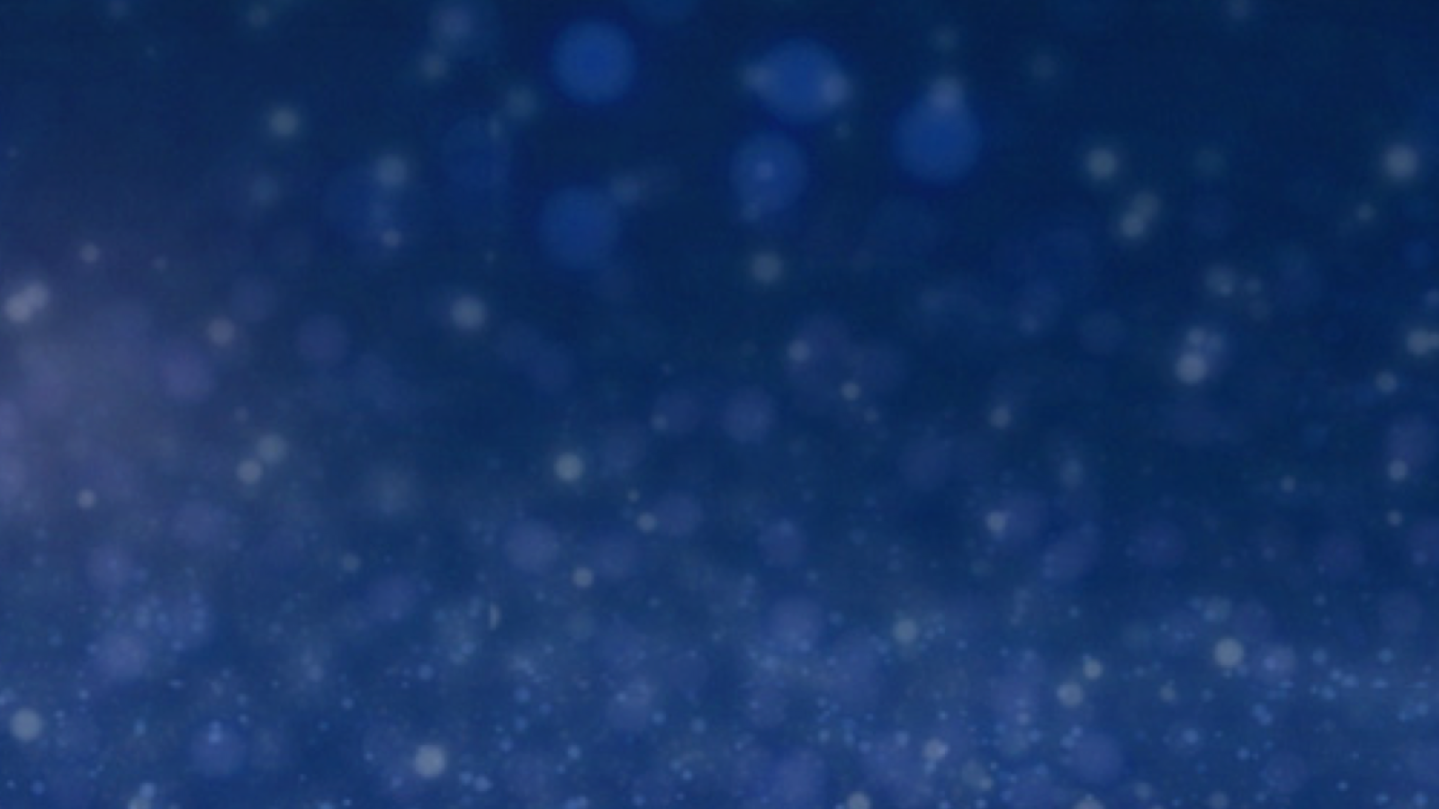
While volunteering in Cambodia in 2014, then-college student Samir Lakhani saw that many rural communities did not have access to soap or hygiene education. Determined to change that, Samir set up hubs around the country to sanitize and recycle soap from hotels and provide jobs. His organization, Eco-Soap Bank, has donated 186,698 bars of soap in less than three years and helped more than 666,562 people in need. Lakhani's efforts landed him on the list of top 10 CNN Heroes for 2017. Click through the gallery for more information and photos.

"Lack of hygiene is not something that's unique only to Cambodia," Lakhani said. "It's seen across the developing world. The developing world is also home to some of the busiest tourism centers in the world. We can assume that they're producing equally large amounts of used soap that should be redirected to the people who need it."

The Eco-Soap Bank takes bars of soap donated from hotels, often barely used, and sanitizes them. The bars are formed into a new bar or made into liquid soap and redistributed.

The soap banks employ about 35 women locally, allowing them to provide for their families and facilitate eduction for their children. Some women work remotely and some work in the recycling centers.

Lakhani and his team travel around Cambodia to educate people about the benefits of using soap, but not just any soap. Many people can afford only the cheapest hygiene supplies and end up washing with laundry detergent, which can be harmful to the skin.

Educating children is an effective way to spread the word about hygiene and to prevent the spread of disease. According to UNICEF, diarrhoeal diseases alone account for one in five deaths of Cambodian children age 5 and younger, largely due to poor hygiene practices.

Being located in Cambodia "has a ton of benefits, the first one being able to very quickly respond to outbreaks, such a cholera and impetigo and other things like that," said Lakhani. "Almost immediately, we're able to use our stockpile of soap and critically address whatever crisis is present."

Lakhani was just a college student when he started his mission, and he says you're never too young to make a difference. "If you have one part drive and maybe one part naivety or foolishness, you can do anything."




